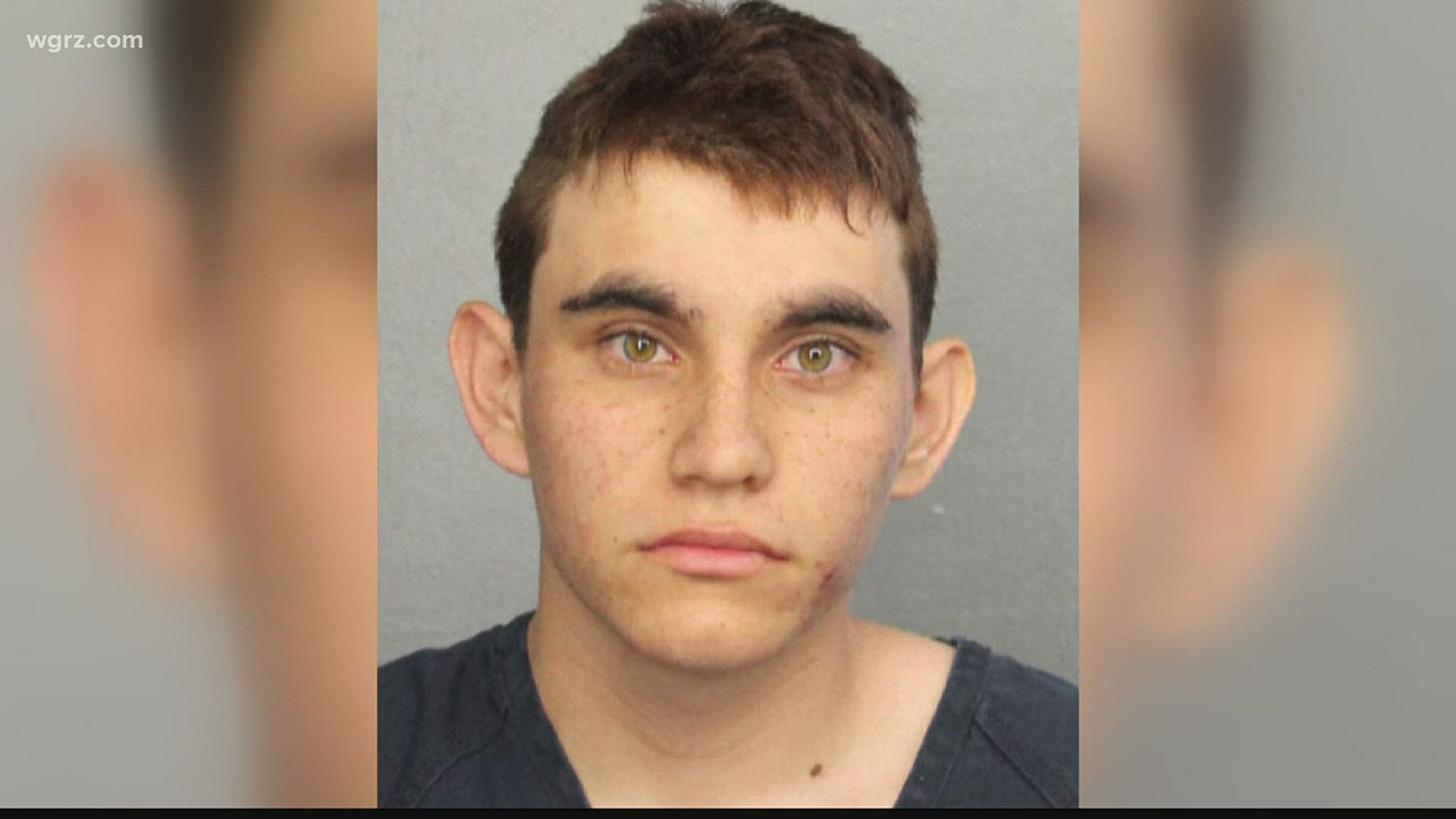BUFFALO, N.Y. - The vast, vast majority of people struggling with mental health conditions are not violent. In fact, a person with a mental illness is significantly more likely to be the victim of a crime as opposed to perpetrating one.
Still, in the rare case of Nikolas Cruz, it appears the system may have failed.
Cruz's attorneys have said their client has a history of mental illness, even though the extent is unclear and his legal team has yet to decide if it will pursue a mental health defense. Regardless, Cruz clearly displayed warning signs, but he never got the help he needed to prevent his unimaginable rampage in Parkland, Fla., this week.
So how can the American school system do a better job of identifying a person like Cruz before an atrocity occurs? School psychologists, nurses and counselors are in short supply nationwide, and there never seem to be enough dollars to go around when it comes to mental health resources in schools.
Ken Houseknecht, the executive director of the Mental Health Association of Erie County, said money really needs to be spent on early intervention programs — as early as Pre-K.
"The sooner you start protecting your health," Houseknecht said, "and understanding the things that put you at risk, and attempting to prevent those things from happening, the greater the likelihood you'll become and remain in a healthy place emotionally."
In Niagara Falls, Superintendent Mark Laurrie said the district had already planned to train teachers in "youth mental health first aid." Already, 187 teachers have signed up for an eight-hour training course next month.
Karl Shallowhorn, the director of curriculm implementation for a group named Therapy.Live, is trained in youth mental health first aid, which helps teachers recognize the signs and symptoms of mental illness. Shallowhorn, whose group also helps students work on communicating their emotions, said mental health resources are always a concern, regardless of the district. Rural and underserved areas may especially need help, though.
"I've talked to many people over the last several weeks — administrators — who say there is a dire need for this kind of help in schools," Shallowhorn said. "And unless we provide it, these tragedies... I won't predict they're going to continue, but we have to realize that if we address these things early, we can hopefully intervene."
In the Buffalo Public Schools, 51 out of 55 schools have mental health satellite clinics with reputable providers, according to Erie County Mental Health Commissioner Michael Ranney. Many other districts across the county and the region have developed their own plans for dealing with mental health.
It's hard to tell exactly whether the well-documented shortages of school psychologists and counselors has hit Western New York specifically. Still, one of the region's leading experts on this topic — Dr. Amanda Nickerson of UB's Alberti Center for Bullying Abuse Prevention — told the Washington Post that a lack of mental health care for kids is a "huge issue" nationwide.
"We do not have enough mental health professionals to meet the increasingly complex needs of the students that are walking through the door," she told the newspaper.
On the other hand, the stigma of mental health has worn off over the years as awareness has increased, and that's a fantastic thing for advocates. It's not so uncommon for students or their parents to talk about their mental health issues openly, which would have been unheard of a generation ago.
Still, advocates caution the public not to associate mental health conditions with extreme violence.
A person with a mental health condition is 12 times more likely to be the victim of a crime than to commit one, according to Houseknecht.
"Let's not lump guns, violence and mental health together, because in the vast majority of cases, when mental health is involved in the equation, it's the person with the mental health condition being the victim, not the perpetrator," he said. "The other thing we don't want to do is to even inadvertently disincentivize people from getting help."

